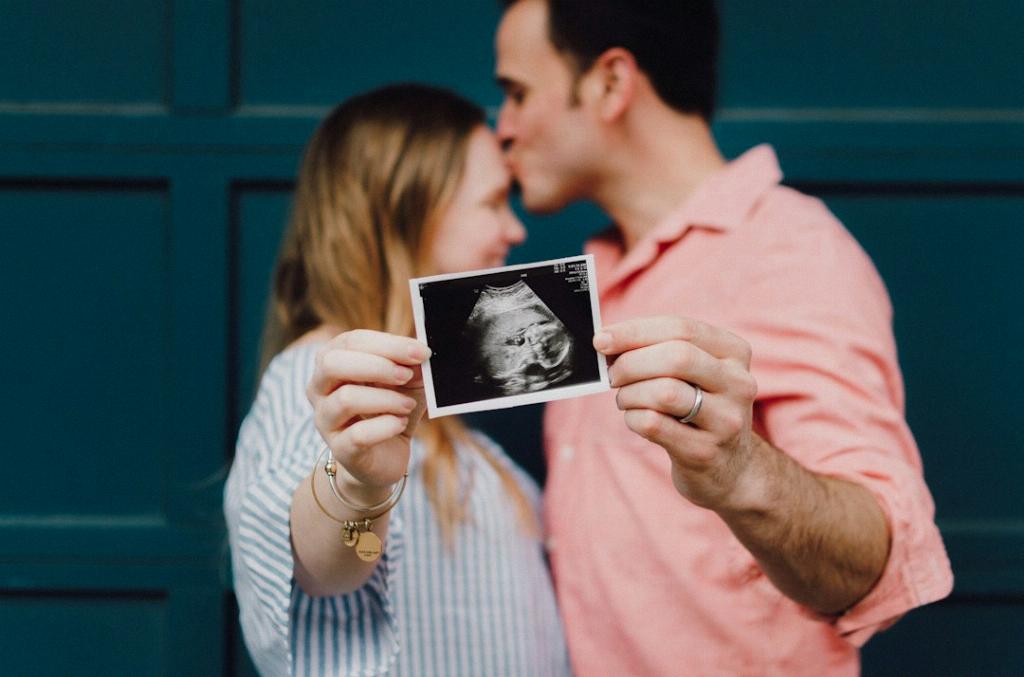One of the early signs of pregnancy is experiencing cramps. These cramps can start as early as the implantation process, which occurs around 6 to 12 days after fertilization. This is known as implantation cramping and may be accompanied by light spotting, often mistaken for the start of a menstrual period due to the similarities in symptoms.
Understanding Implantation Cramps
Implantation cramps occur when the fertilized egg attaches itself to the lining of the uterus. The cramping sensation is a result of the uterus expanding and preparing for the developing embryo. These cramps are generally milder compared to menstrual cramps, but they can still cause discomfort for some individuals.
Individual Variations in Timing
It is important to note that the timing of pregnancy cramps can vary among individuals. Some may experience cramping shortly after conception, while others may not feel any cramps until later in the first trimester. Factors such as individual pain tolerance, hormonal changes, and the sensitivity of the uterus can influence when pregnancy cramps begin.
Signs and Symptoms of Early Pregnancy
In addition to cramping, early pregnancy signs may include nausea, fatigue, breast tenderness, and mood swings. These symptoms can vary in intensity and duration from person to person. If you suspect you may be pregnant and are experiencing cramps along with other symptoms, consider taking a pregnancy test to confirm.
Monitoring Your Symptoms
Keeping track of your symptoms, including the timing and intensity of cramps, can help you better understand your body’s changes during early pregnancy. If you experience severe or persistent cramping, it is essential to consult with a healthcare provider to rule out any potential complications.
Managing Discomfort
If you are experiencing mild cramps during early pregnancy, there are ways to alleviate discomfort. Resting, staying hydrated, practicing gentle exercises, and using heating pads may help relieve cramping. However, always consult with your healthcare provider before trying any new remedies or treatments.
Seeking Medical Advice
If you have concerns about the timing or intensity of your pregnancy cramps, do not hesitate to reach out to your healthcare provider for guidance. They can provide personalized advice and address any questions or worries you may have about early pregnancy symptoms.
Monitoring for Warning Signs
While cramping is a common symptom in early pregnancy, it is essential to monitor for any warning signs that may indicate a potential issue. Severe cramping accompanied by heavy bleeding, fever, or dizziness should be promptly evaluated by a healthcare professional.
Emotional Support During Early Pregnancy
It is natural to experience a range of emotions during early pregnancy, especially when dealing with symptoms like cramping. Reach out to your partner, family, or friends for emotional support and reassurance during this significant time of change and adjustment.
Preparing for Parenthood
As you navigate the early symptoms of pregnancy, including cramps, take this time to prepare for the journey ahead. Consider scheduling prenatal care, researching childbirth options, and creating a support network to help you feel more confident and prepared for parenthood.
Conclusion
In conclusion, pregnancy cramps can start as early as the implantation process, which typically occurs 6 to 12 days after fertilization. These cramps may feel similar to menstrual cramps but are caused by the uterus preparing for the developing embryo. Monitoring your symptoms, seeking medical advice when needed, and taking care of your emotional well-being are essential steps in navigating early pregnancy.

